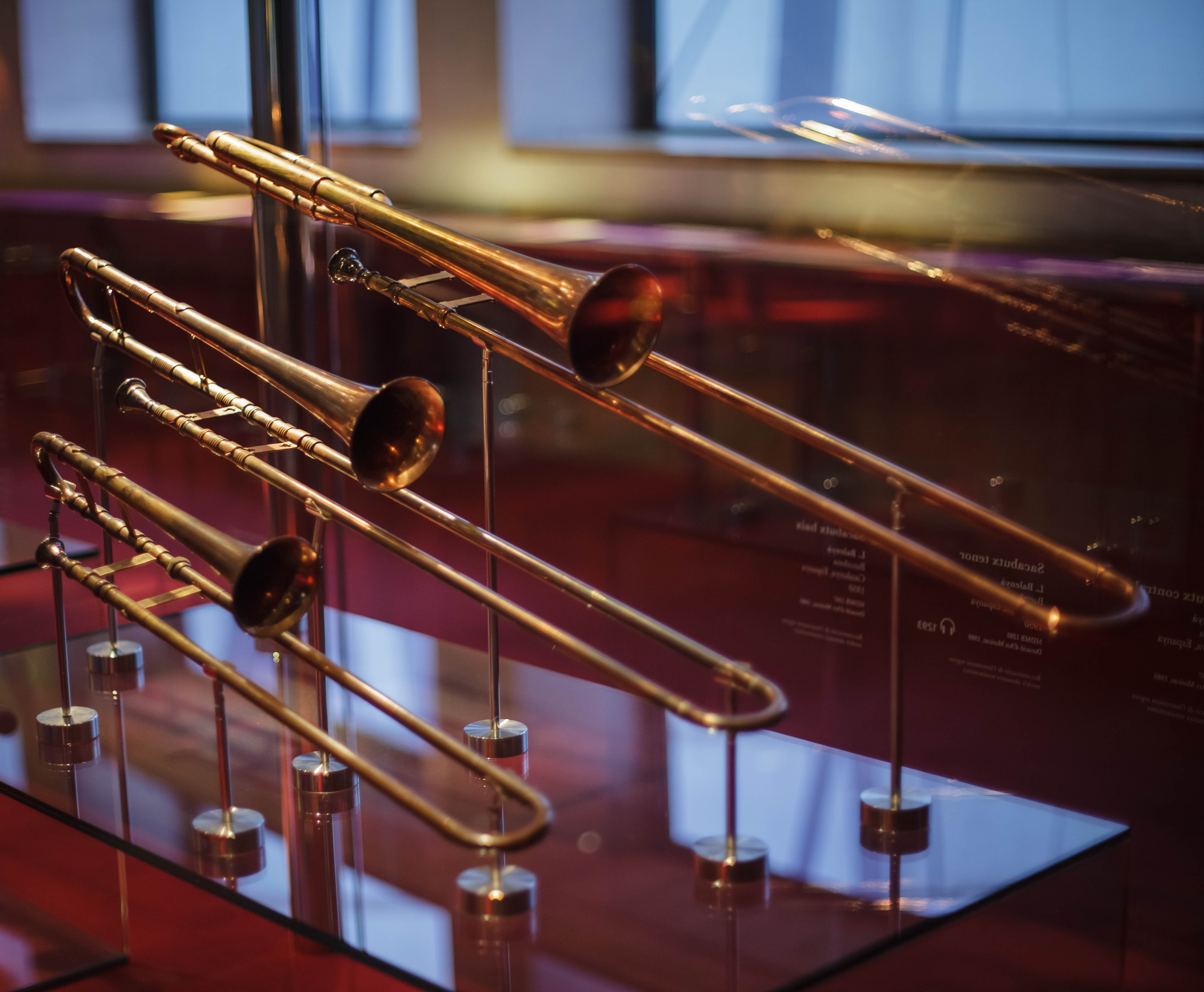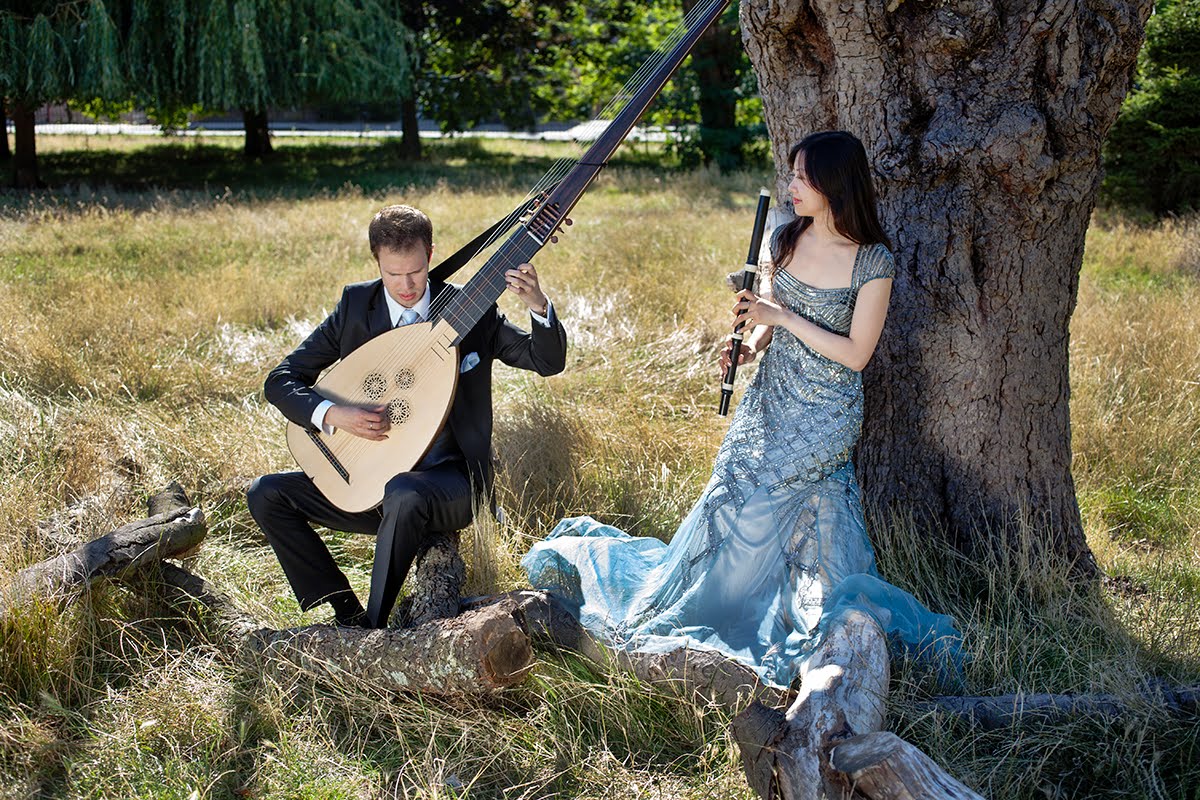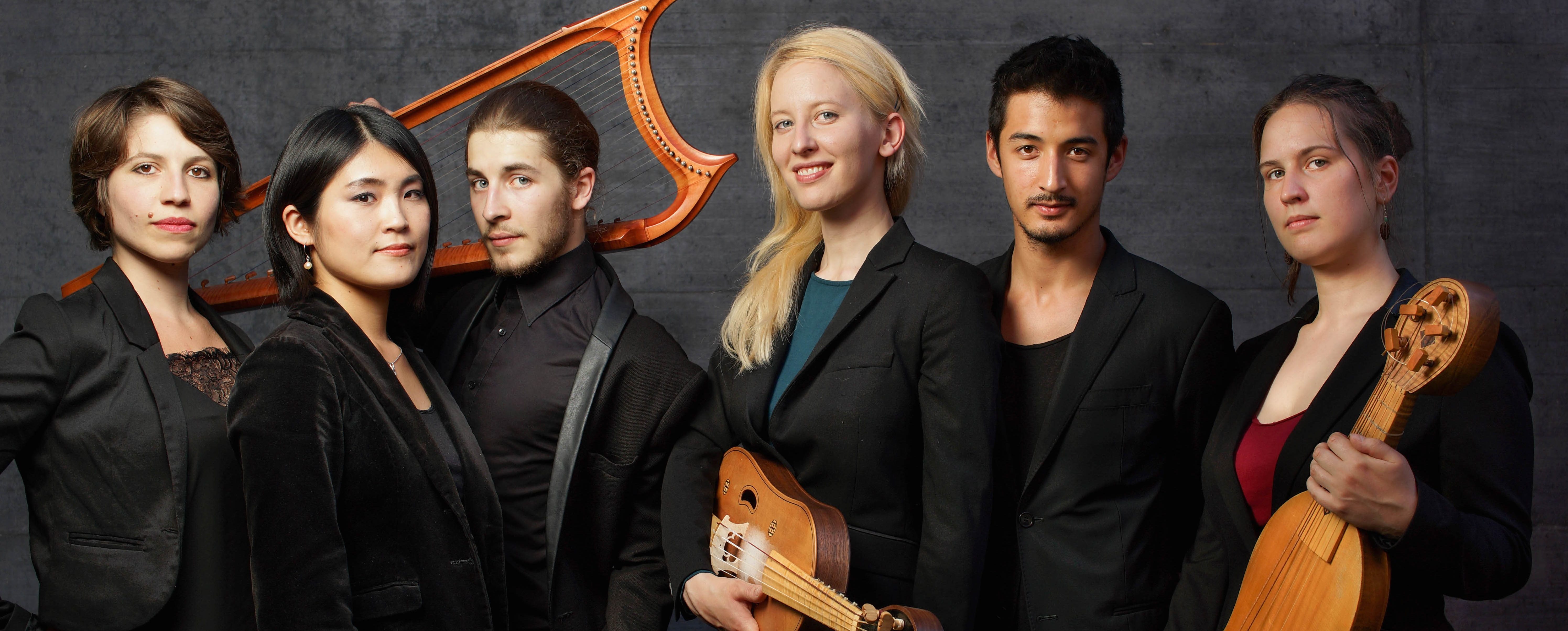Early music is a story of theorbos and sackbuts, of instruments and compositional forms whose genealogy has been all but lost to the annals of history. Luckily, in Brighton we are privy to one of the largest and highest quality early music festivals in the world.
The Brighton Early Music Festival, which runs from 26 October to 11 November, is notable for three reasons. Most importantly for the student population, 5 pound tickets are available on the door for most events, while list prices can be up to 6 times that amount. For advance bookings, students are entitled to a 50% discount.

Though you might think that if classical music is the mainstay of generations before our own, early music must be doubly so, the line-up at any of the festival’s performances betrays this. It is predominantly young performers that are engaged in these ostensibly arcane excavations of old works.
The producers have also managed to give the programme more political bite than the subject matter is normally associated with. Early music is a celebration of Europe while Brexit day is just months away, and this year the festival’s theme is ‘700 years of music from 17 countries.’
Historically, this makes good sense. Though we often think of the forerunners of the European integration as mercantile trade networks such as the Hanseatic league, the diffusion of (often religious) musical forms was rather more fluid.
One of those transmissions was central to the first performance of the festival, La Countenance Angloise (the English manner). The title refers to a putatively English practice in the transition between the late medieval and early renaissance eras whereby harmonies of the third and sixth scale degrees were added to melodies, producing a sound more pleasing to the contemporary ear than the dissonance typical in the continent.

The performance, beautifully delivered by the Solazzo Ensemble, even featured the world premiere of a few examples of this diffusion, with some songs taken from a codex located in Turin containing Cypriot songs. Fittingly, BBC Radio 3’s Ian Skelly was present and narrated the concert from a corner of St George’s Church in Kemptown. The full performance will be available on iPlayer from this Thursday.
You can check out the rest of the program on bremf.org.uk. For those seeking a more sophisticated venue for late Halloween celebrations, on Friday 2 November, St George’s Church will host a masquerade party inspired by the Scandinavian enlightenment, a time when the Swedish courts welcomed music from every corner of Europe. The festival also features a number of free pop-up performances around the city:
October 30 – Comalli Consort at The Quadrant, Queen’s Road, ca. 8:30 PM
2 November – Pocket Sinfonia at Hove Library, 4 PM
4 November – Canto Fiorito at the British Airways i360, 10:30 AM.

